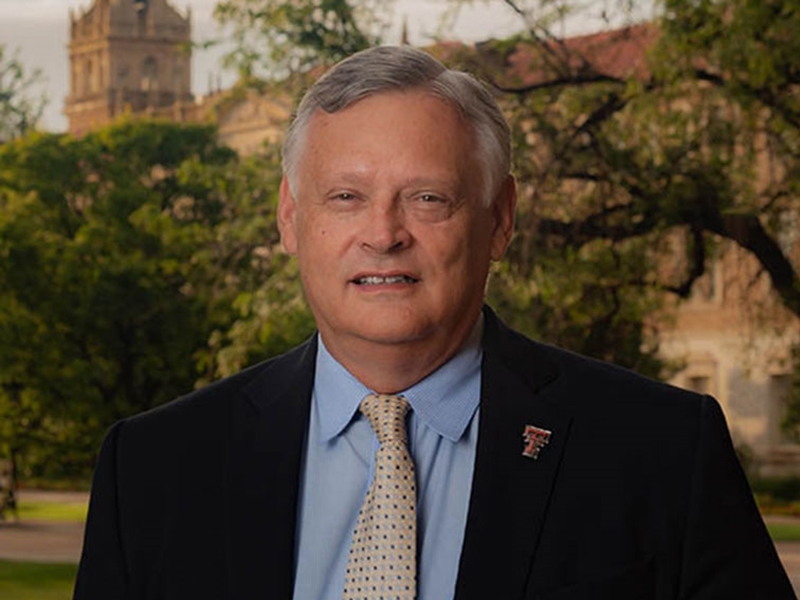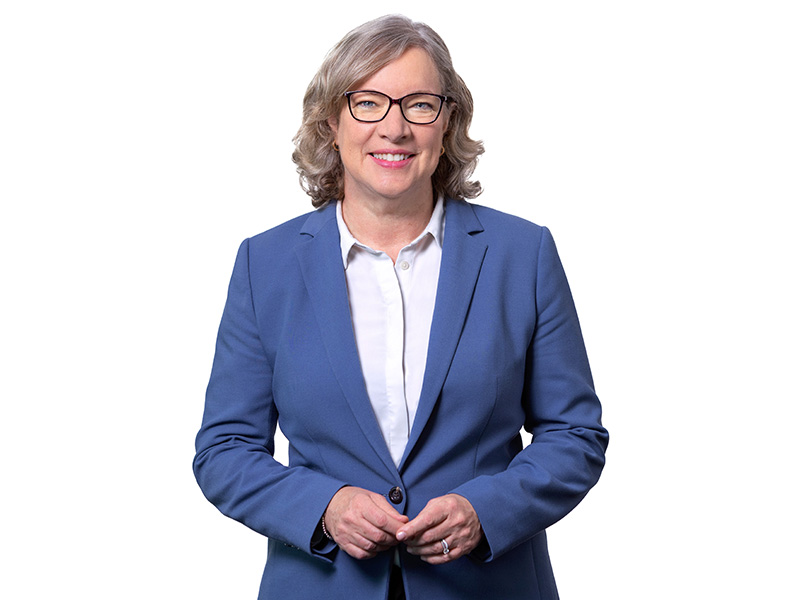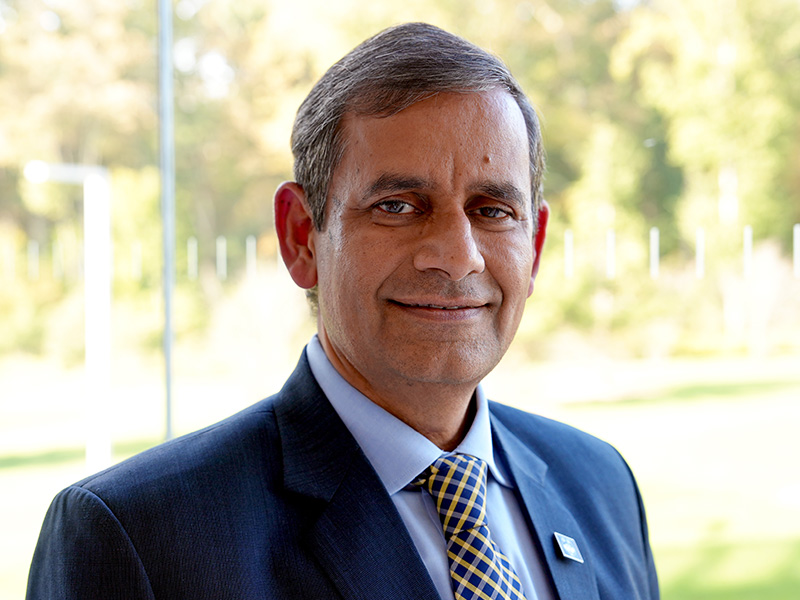Meet the Candidates
Provost search finalists Mark Sheridan, Elizabeth Wentz, Indrajeet Chaubey and David Norton recently gave public presentations and answered audience questions in the Faulkner Performing Arts Center. Members of the campus community were unable to attend in person were encouraged to view each presentation onine and provide feedback by Feb. 10.
Mark Sheridan

Presented Wednesday, Jan. 22
Sheridan serves as vice provost for Graduate and Postdoctoral Affairs and dean of the Graduate School at Texas Tech University, where he is also a professor in the Department of Biological Sciences.
Since joining Texas Tech and assuming leadership of its graduate school in 2014, Sheridan has overseen a 38 percent increase in graduate enrollment, a 74 percent increase in doctoral degrees awarded and a near-doubling of enrollment in interdisciplinary programs.
Sheridan's research focuses on comparative animal physiology and endocrinology, particularly the regulation of growth, development and metabolism, as well as the impact of environmental factors on these processes. He has published over 130 peer-reviewed journal articles and received approximately $35 million in funding for his research.
Prior to his tenure at Texas Tech, Sheridan held several leadership roles at North Dakota State University, including associate dean and state director of North Dakota EPSCoR programs. He holds a B.A. in zoology and an M.A. in biology from Humboldt State University and a Ph.D. in zoology from the University of California, Berkeley.
Elizabeth Wentz

Presented Monday, Jan.27
Wentz serves as vice provost and dean of the Graduate College at Arizona State University, where she is also a professor in the School of Geographical Sciences and Urban Planning.
Since assuming leadership of ASU's Graduate College in 2020, Wentz has overseen annual enrollment growth averaging 6 percent, a 23 percent increase in scholarship funding for the university's 30,000+ graduate students and the implementation of multiple degree programs.
Wentz's research focuses on how cities can address environmental challenges, particularly in relation to the impacts of climate change. She has published more than 80 peer-reviewed articles and received over $30 million in funding for her research.
Wentz has held several leadership roles at Arizona State, including dean of Social Sciences and director of the School of Geographical Sciences and Urban Planning. She holds a B.S. in mathematics and an M.A. in geography from Ohio State University and a Ph.D. in geography from Pennsylvania State University.
Indrajeet Chaubey
 Presented Monday, Feb. 3
Presented Monday, Feb. 3
Chaubey serves as dean of the College of Agriculture, Health and Natural Resources at the University of Connecticut, where he is also director of the Storrs Agricultural Experiment Station, and UConn Extension.
Since joining UConn and assuming leadership of the College of Agriculture, Health and Natural Resources in 2019, Chaubey has overseen record enrollment of both undergraduate and graduate students, a 67 percent increase in scholarship funding provided by the college, a doubling of external research funding and the creation of multiple degree programs.
Chaubey's research focuses on how watershed management strategies impact water availability, water quality, crop production and ecosystem sustainability. He has published more than 160 peer-reviewed articles and received over $40 million in funding for his research.
Prior to his tenure at UConn, Chaubey served as a faculty member and administrator at Purdue University and the U of A. He holds a B.S. in agricultural engineering from the University of Allahabad in India, an M.S. in biological and agricultural engineering from the U of A and a Ph.D. in biosystems engineering from Oklahoma State University.
David Norton
 Presented Thursday, Feb. 6
Presented Thursday, Feb. 6
Norton serves as vice president for research at the University of Florida, where he is also a professor in the Department of Materials Science and Engineering.
Since assuming leadership of UF’s research enterprise in 2012, Norton has overseen an 80 percent increase in research expenditures — from $697 million in fiscal year 2012 to $1.26 billion in fiscal year 2024.
Norton’s research focuses on electronic, photonic and magnetic thin film materials. He has published over 370 peer-reviewed articles and received over $6 million in funding for his research.
Prior to his tenure at UF, Norton served as a researcher at Oak Ridge National Laboratory. He holds a B.S. and a Ph.D. in electrical and computer engineering from Louisiana State University.